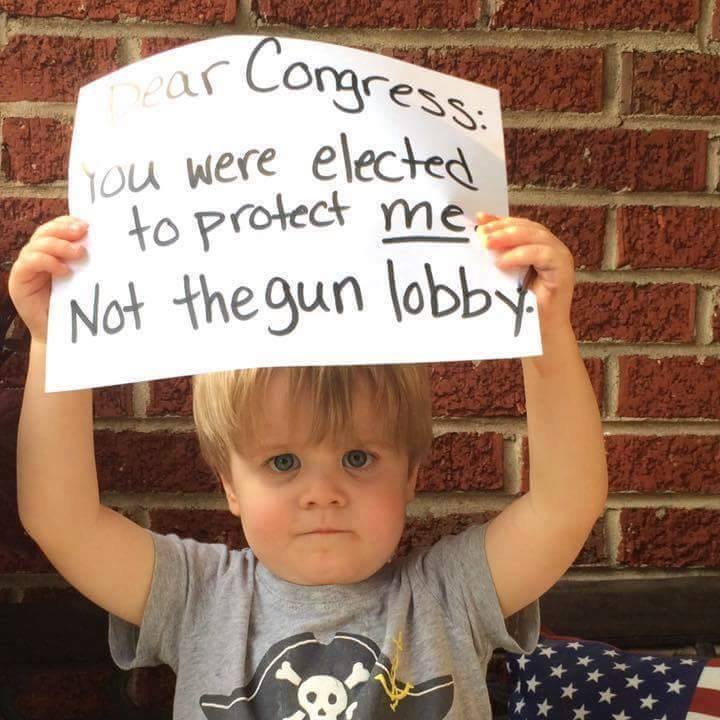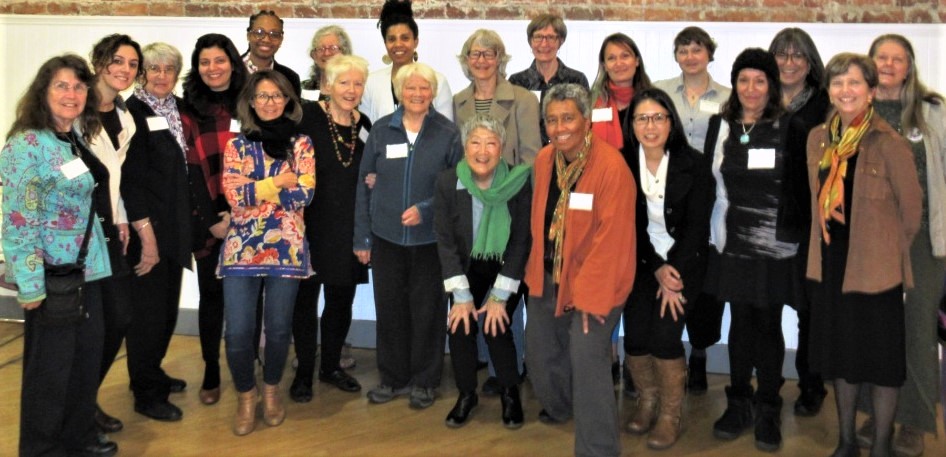Special Initiatives
PDF special initiatives begin with our communities’ needs.
We realize that, with our fiscally sponsored groups and grantees, we have the potential for facilitating movement-building as well as capacity building at the organizational level. These cross-sectional conversations, combined with grants, are especially well-suited to work with groups that share similar missions and visions. Recent initiatives are:
Criminal Justice

PDF has been a leader in encouraging members of the criminal justice community to speak in their own voices and talk about their issues and organizing. This diverse group addresses immigration, sentencing reform, prison construction and overcrowding, parole and probation reforms, restorative justice and how the war on drugs affects everything from housing and employment to education, voting, community safety and environmental justice.
Read our report, Transcending Boundaries: Strengthening Impact, The Full Potential of a Justice Network that in 2011 was exploring new ways to work together to bring about change to broken criminal and juvenile justice systems. It envisioned a broad network of funders and organizations that could contribute to the broader social justice movement as a network. The report details: i) characteristics of the justice funders and organizations, ii) the ways in which these individuals are connected within their own disciplines and across disciplines; and iii) identifies gaps in those connections and suggests ways to close them.
Women Peacemakers
 In 1981, Peace Development Fund first brought donors together as peace and anti-nuclear funders. Now, more than 35 years later, we continue to be faced with wars and nuclear build-up. On the foreign policy front, governments have become more bellicose and isolationist. This initiative brings donors and activists together to bring about the peaceful, anti-nuclear worlds we have long sought, one that treasures human rights.
In 1981, Peace Development Fund first brought donors together as peace and anti-nuclear funders. Now, more than 35 years later, we continue to be faced with wars and nuclear build-up. On the foreign policy front, governments have become more bellicose and isolationist. This initiative brings donors and activists together to bring about the peaceful, anti-nuclear worlds we have long sought, one that treasures human rights.
Eighteen women came together in San Francisco’s Women’s Building in late March of 2019, part of PDF’s Women Peacemakers Initiative. The women, most of whom led groups fiscally sponsored by PDF, came from many countries: Japan, Korea, France, India, Burkina Faso, Albania, Brazil, the U.S. and the U.K. The groups included Women Cross DMZ, Women for Genuine Security, Whose Knowledge?, the Heart and Hand Fund, and the U.S. section of Women’s International League for Peace and Freedom. They discussed their organizational journey, why they began, what their mission and focus is, the challenges they face and the support they need. They also spoke of the need to do something now, to heal our global histories through peacemaking and the sisterhood that seemed to form instantly in that meeting room.
The Women Peacemakers Initiative, like other PDF initiatives, aimed to bring together groups that are affiliated with PDF through grants or The Sustainability Project. In this case, they were also led by women, who came together to make connections, network, learn, and receive support from one another. We believe that by facilitating convenings such as this, organizations will have a greater opportunity to grow and thrive.
Economic Dislocation and the Solidarity Economy
PDF’s 2020 Special Initiative on Economic Dislocation and the Solidarity Economy brought together five workers centers: Arriba Las Vegas Workers Center, Adelante Alabama Workers Center, the Pioneer Valley Workers Center, Miami Workers Center, and the Southside Workers Center in Tucson, AZ. They were joined by other PDF grantees like Community Movement Builders in Atlanta and labor organizers from Chicago and New York.
The Cooperative Economics Alliance of New York City helped facilitate the Special Initiative, introducing the Solidarity Economy to participants and organizing a panel of labor organizers, workers, and cooperative developers. The trainers highlighted worker ownership as a tool for worker centers to build power for systemic change, the role cooperatives have played in social movements in the United States, and how immigrant communities can utilize cooperatives in response to economic dislocation. Participants left with relationships to other workers centers nationwide, and practical tools and resources for integrating co-op development into their organizing.
Leninn Torres, a member of the Pioneer Valley Workers Center and volunteer with Riquezas del Campo Co-op Farm said of the training “I didn’t know a lot about co-ops and how they really work, but after taking the training, I loved the goals, the shared values, and the seven cooperative principles. It was great meeting co-op leaders from other states who shared with us the importance of co-ops for their communities. The next step for me is being a member rather than a volunteer at Riquezas del Campo so I’m excited to learn more and make a difference for our communities.”
Middle East Peace
The 2007 Middle East Peace Funding Initiative was designed to support the plurality of progressive voices in the United States who work for a peaceful resolution to the Palestinian-Israeli conflict in the Middle East.
When a PDF donor approached us about a renewed funding cycle in the Middle East, we were very excited. But tackling this issue, large and complex as it is, has defeated many U.S. administrations and foundations larger than PDF. Our challenge was threefold: to find a way to contribute to peacemaking so that change would be possible; to support the plurality of progressive voices in the U.S. who work for a peaceful resolution to the Palestinian-Israeli conflict; and to do it on a scale that was meaningful, affordable and cost effective.
To do that, we looked for grassroots groups and organizations that challenge the conventional wisdom of U.S. foreign policy in the Middle East, and groups who would build relationships among people in conflict.
We developed a set of criteria to reach those organizations we thought could really make a difference. These groups would be trying to build coalitions as well as human relationships. They would expound the principles of human rights and civil liberties, non-violence, religious freedom and tolerance, and economic justice—all key principles in PDF’s grantmaking. Read more about the groups this initiative supported in the 2007 Annual Report.
For more information or to give to a PDF Special Initiative, email us or call 413-256-8306.

